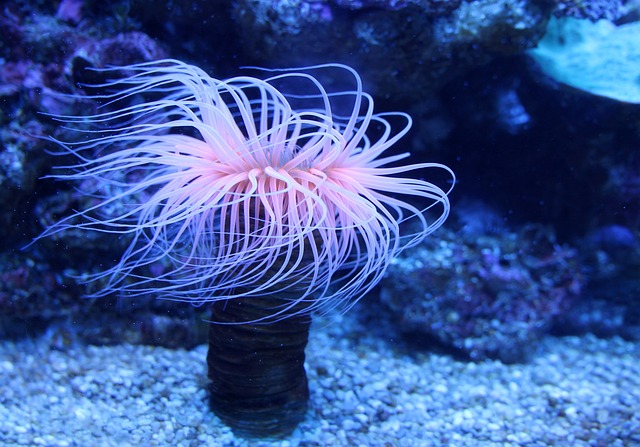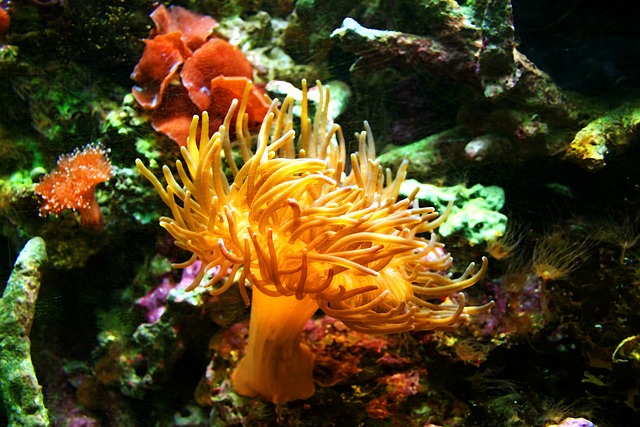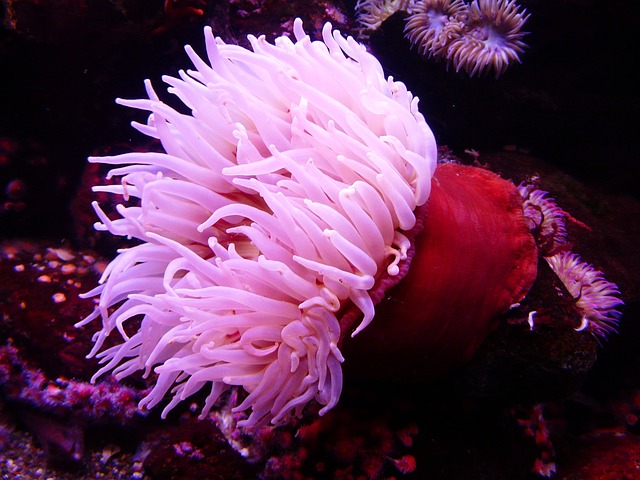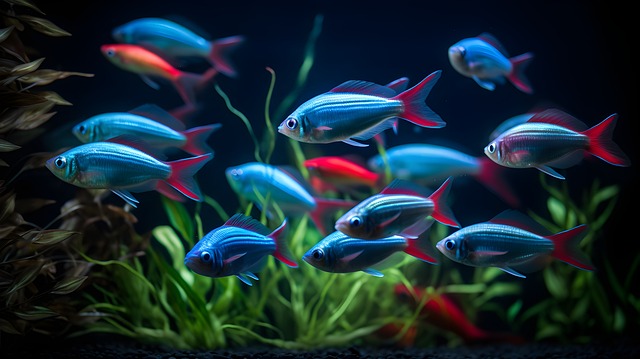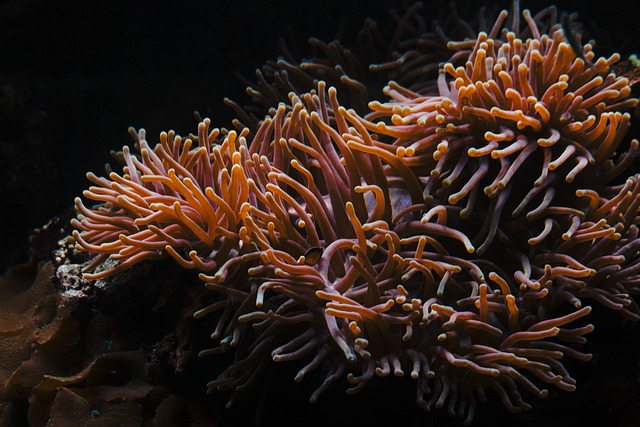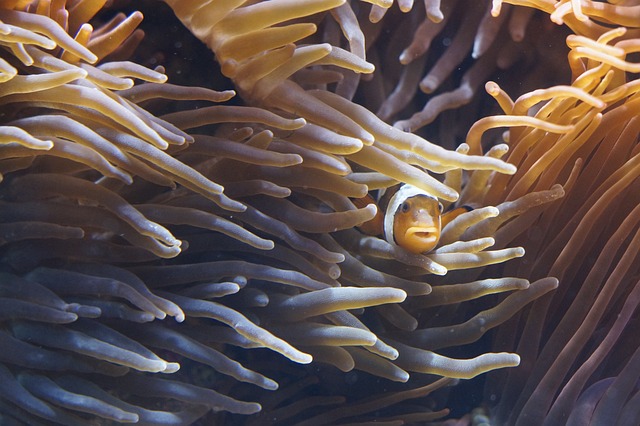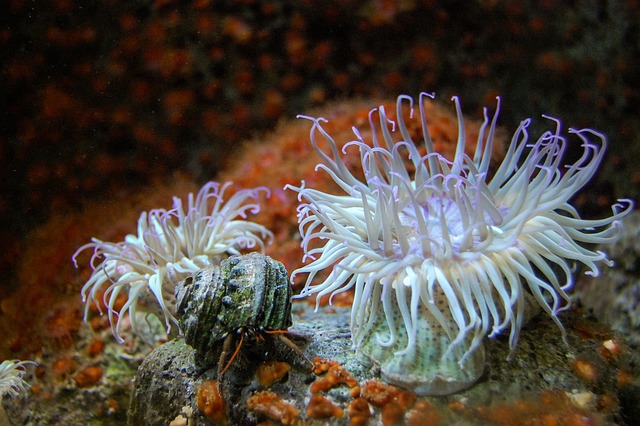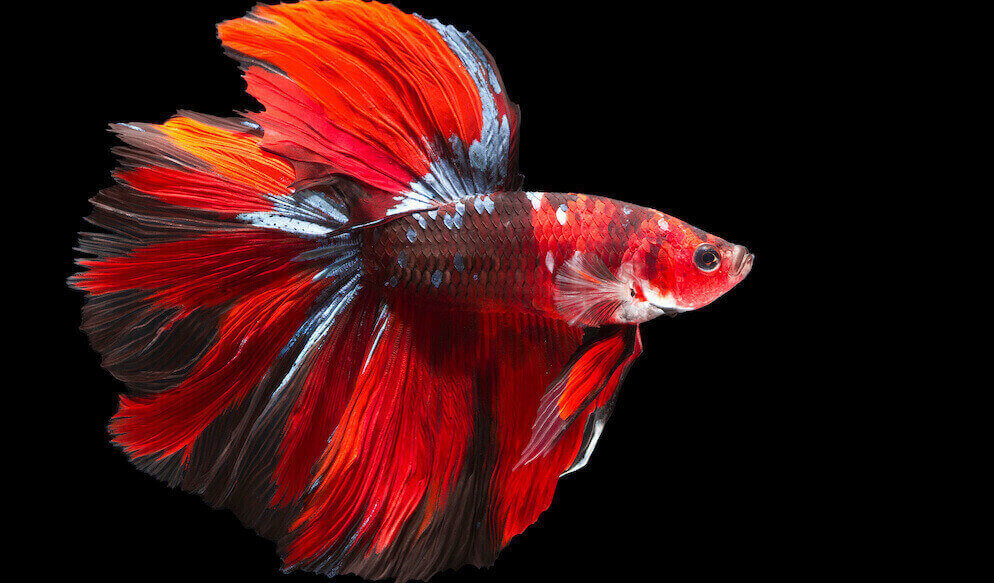
Having a water conditioner for your betta fish is essential for rearing them. Still, very often than not, many people either ignore this because they do not know the importance or do not have the knowledge.
Without any system regulating the water for your betta in the tank, it is only a matter of time before they eventually lose their lives.
Not all water is good for the betta. It would be best to differentiate between what is right for betta and what can cause possible health issues.
High-Grade Water Conditioner for Betta
There are so many water conditioners available. Picking the best will require you to compare several options. Save yourself the stress and select one out of the three high-grade water conditioners for a betta in the market.
1) Seachem Prime Fresh and Saltwater Conditioner
This water conditioner is a top choice recommended by experts for your betta fish tank because it does an excellent job of removing heavy metals, chlorine, chloramines, and other impurities from the water. It performs its job in a rapid and powerful style.
The professional-grade freshwater and saltwater conditioner is a non-acidic solution, which means that it does not tamper with the tank’s chemical balance, such as changing its pH level.
Seachem Prime Fresh and Saltwater Conditioner help neutralize the toxicity in ammonia, nitrate, and nitrite.
After detoxifying nitrite and nitrate, you work with a biofilter to eliminate them from your tank. The water conditioner for betta works in saltwater and freshwater environments. If you have multiple tanks with different water conditioner needs, its versatility is a huge plus.
The tank encourages your betta to renew their slime coat naturally. It is available in different bottle sizes, and there is a size for everyone (those on a tight budget and those who want more value).
You can use its cap to gauge the proper quantity to use in your tank. It is advisable to use only two drops for every gallon for a small tank size instead of pouring the whole capsize into the water.
Seachem Prime is beneficial to the well-being of your betta. It actively converts toxic ammonia into a non-harmful form. The conversion helps protect your betta from harm.
Pros:
- It is a powerful solution that removes chloramine, chlorine, and other harmful elements in the tank.
- It actively detoxifies nitrites, nitrates, ammonia, and heavy metals.
- It reduces ammonia levels.
- The price of the water conditioner is affordable for the most budget.
- It is proactive for water tank-related emergencies.
- It is suitable for both freshwater and saltwater tanks.
- It does not cause the pH levels in the tank to change.
- It only requires minimal quantity for it to do its job.
Cons:
- Its sulfur content can cause the water to stink.
- It is a highly-concentrated solution, making it difficult to measure for smaller tanks.
2) API Stress Coat Water Conditioner
This water conditioner is super-effective at removing impurities such as chlorine, chloramine, and heavy metals from water. It uses minerals and aloe vera to assist your betta in developing a proper slime coat.
The aloe vera’s role in the solution is to help fix their slime coat which can be removed en route to the tank or compete with other fishes. With aloe vera in the solution, the slime coat of your betta restores quickly and naturally. It also helps strengthen your fish’s ability to heal quickly from injuries and deal with diseases.
The product is useful for several fish water tank situations, such as setting it up, changing the water, or helping betta recover from diseases or injuries.
The Stress Coat helps fish keepers keep their water tank safe and their fish healthy.
The recommended dosage from the manufacturer is 5 ml on every 10 gallons of tank water. It is advisable to follow the manufacturer’s instructions for the best results.
The API Stress Coat Water Conditioner, because of its aloe vera content, does not work well with other filter media resin such as the Seachem Purigen. If you use the Stress Coat with the filter media resin, you make the tank water toxic.
Water conditioners containing aloe vera like Stress Coat are advised not to use any filter media resins in the tank.
Pros:
- It eliminates chloramine and chlorine in the tank.
- It helps to detoxify heavy metals and other impurities in your water.
- It helps fishes develop a healthy slime coat which is beneficial for fast injury recovery and recovery from illness.
- It is useful and quick to produce results.
- It is suitable for both small and large tanks.
Cons:
- It does not neutralize ammonia and nitrite.
- Measuring caps to gauge the quantity per gallon does not always come with the product.
3) Tetra BettaSafe Water Conditioner
This betta water conditioner is one of the top options available in the market. It helps keep your water tank safe for betta and other tropical fishes. The role of the Tetra BettaSafe is to reduce or detoxify all types of toxins in the water body.
Tetra BettaSafe Water Conditioner works for small aquariums. It is best to apply this solution after changing the water to ensure the water is free from any impurities that can harm the fish. Experts and the manufacturer recommend that you change the water monthly and apply the water conditioner too.
The water conditioner actively neutralizes chlorine and other heavy metals to make the water safe for the betta. It also removes ammonia to keep the water safe.
Another significant advantage of using this product is the slime coating it gives your betta. This coating is handy for quick injury recovery and for repealing diseases.
Tetra BettaSafe contains minerals and vitamins that make your little aquatic ecosystem healthier. It encourages beneficial bacteria to grow in the water tank.
The product has clear instructions; there is no learning curve needed. It works instantly and helps reduce your betta’s stress levels. Keep your aquarium or water tank healthy and clean for your betta and other tropical fishes with the powerful Tetra BettaSafe.
The recommended dosage for this highly-concentrated solution is 1ml for every gallon of water.
Pros:
- It has a pocket-friendly price.
- It helps fishes to develop a heavy slime coat that insulates them from diseases.
- It is a rapid formula that works within the space of seconds.
- It contains active vitamins and minerals.
- It detoxifies ammonia in the water.
- It neutralizes the threat of heavy metals, chlorine, and chloramine in the water.
Cons:
- It does not produce the best results when used in large tanks of over 10 gallons.
- You have to remove betta away from the water before application or risk killing them.
- Its small size means you either have to buy a large quantity or frequently visit the store to purchase a new one regularly.
Buyer’s Guide: What is a Water Conditioner?
A water conditioner removes chlorine, chloramine, heavy metals, ammonia, nitrites, nitrates, and other impurities from the water to make it safe and healthy for aquatic fishes.
Typical water conditioners vary from the ones specially formulated for the betta. The ones for betta are more diluted and targeted at neutralizing all impurities that can cause poor health or death to the fish.
The Role of Water Conditioner
A water conditioner performs the following roles.
1) It Neutralizes Chlorine and Chloramine
Chloramine has replaced the use of chlorine in many places for treating tap water. The problem with chloramine is that it dwells longer in water and not easy to take it out.
The use of chloramine is terrible for the health of your betta. It can burn or cause damage to it. Chloramine consists of chlorine and ammonia, making it a high-risk danger factor for your fish.
Putting your tap water directly into your fish tank can hurt the fishes in the long term. You can use a betta formulated water conditioner to remove chloramine. Note that not all water conditioners can effectively remove it, do your research before purchasing.
2) It Detoxifies Nitrate, Nitrite, and Ammonia
These three compounds (nitrate, nitrite, and ammonia) can harm and kill your betta. You can remove these toxic compounds by frequently changing your water and growing beneficial bacteria.
The effectiveness of those two solutions depends on the nitrogen compounds present. If they are in high quantities, such methods may not prove useful for maintaining a strong health status for your fish.
When you do a large-scale water change, it takes some time for the fish to adjust. You can add water conditioners to the water to completely detoxify nitrite, nitrate, and ammonia present in the water to a harmless form.
When you do a large-scale water change, it takes some time for the fish to adjust. You can add water conditioners to the water to completely detoxify nitrite, nitrate, and ammonia present in the water to a harmless form.
3) It Detoxify Phosphate and Heavy Metals
The presence of heavy metals in the tank poses a health hazard to your betta. These heavy metals come from tap water. Some of the typical heavy metals that find their way into the fish tank are copper, mercury, and lead.
Apart from arriving from the tap water source, corrosion in old pipes carrying water into the tank also draws them into the tank.
Phosphates are another hazard for your betta. While they do not cause direct damage to your betta, they encourage the growth of algae which poses a massive threat to the aquarium’s ecosystem (plants and fishes).
Removing both phosphates and hard metals is essential for a thriving aquarium. Water conditioners help detoxify phosphate and heavy metals, rendering them ineffective in the water.
4) It Promotes A Healthy Slime Coat
Water conditioners contribute massively to the restoration or fortification of slime coat in fishes. A healthy slime coat is vital for fishes to develop and heal from illness and injuries.
It protects fishes from infections from viruses, bacteria, parasites, and fungi.
5) Buffer Water pH
Some water conditioners perform the vital role of buffering the water pH in the tank. An increased water pH can cause stress, damage and potentially kill betta. You can use these water conditioners to limit the fluctuations of the tank’s water pH.
Final Thoughts
Water conditioners are essential for your fish tanks. Even if you purify the water yourself, you cannot be 100% sure that the water in your tank will remain unadulterated. Any water conditioner is effective for keeping bettas safe from toxic compounds such as chloramines and heavy metals.




